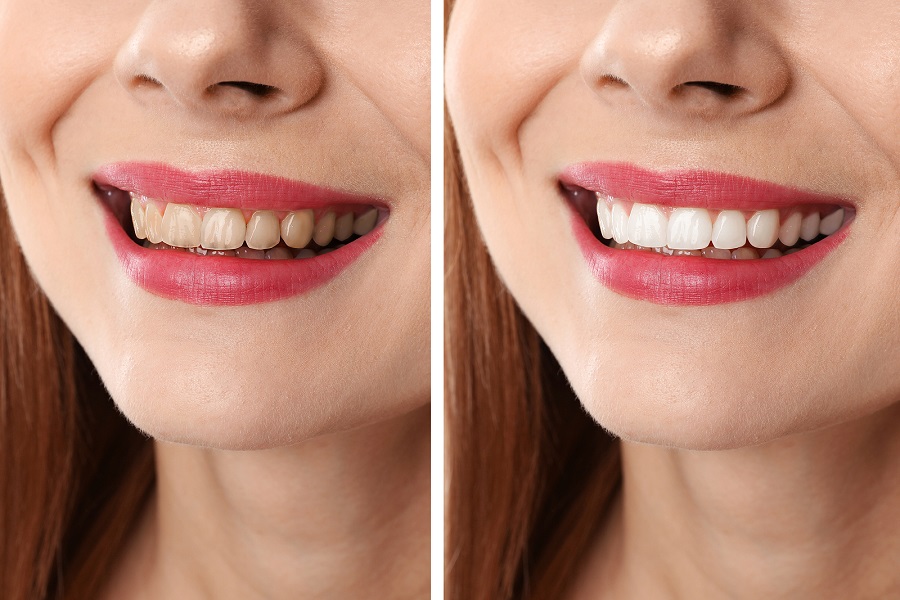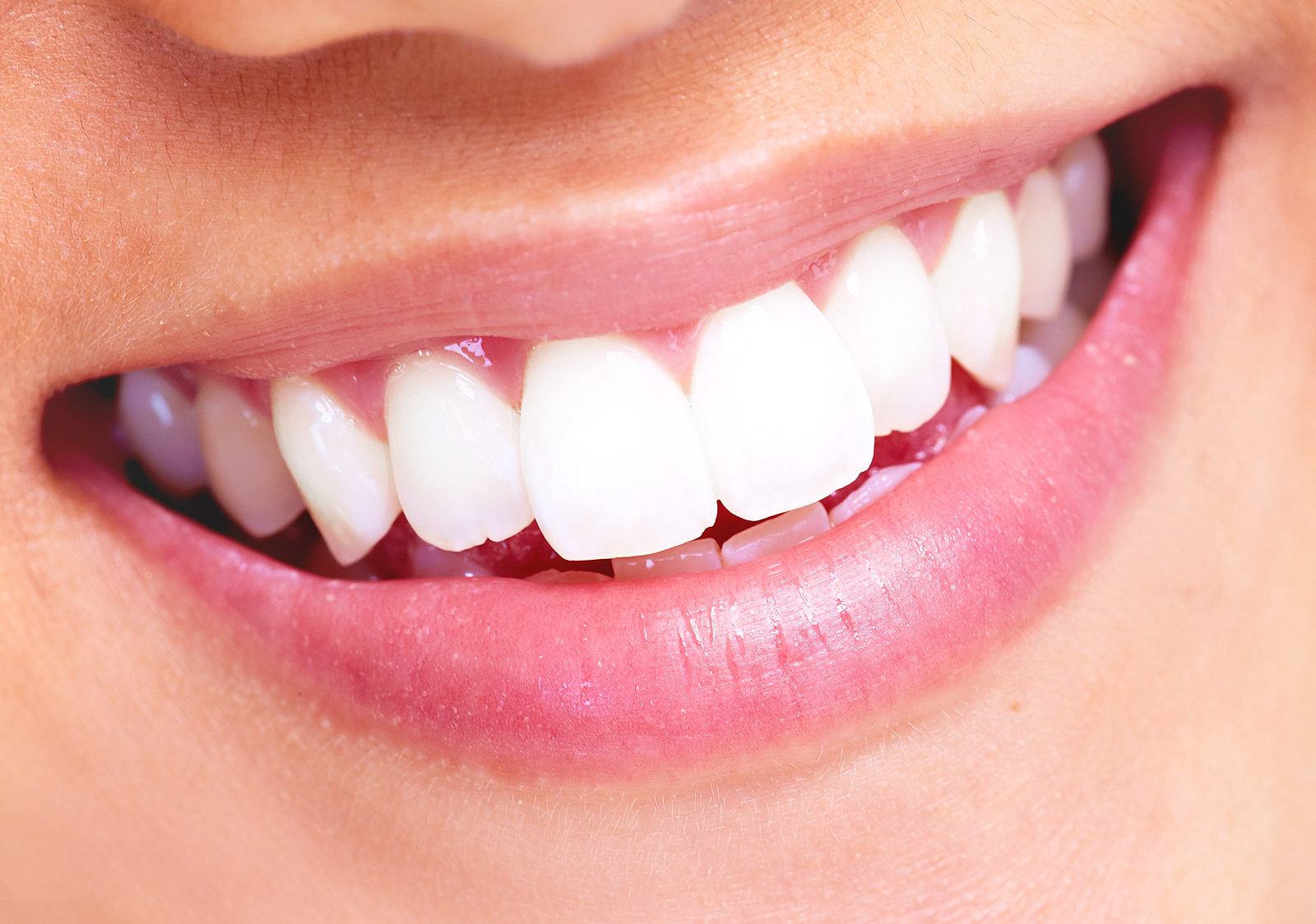PREPARE FOR PULLING TEETH
HOW TO PREPARE FOR YOUR TEETH TO BE PULLED
Sometimes finding out how to prep for a dental extraction feels like…well, pulling teeth. Perhaps you forgot to ask about prep at your last checkup, when you were informed of the need for the extraction. Or maybe you’re just the “always prepared” type! In either case, there are some basic strategies that can help you be ready for your dental extraction.
GET YOUR MEDICAL HISTORY TOGETHER
Whether your dentist is pulling teeth for future braces, or because of decay, or crowding, it’s important to alert him or her to any potential complications. If you have trouble remembering your medical history, you can jot down notes, or bring records. Ideally, this will have happened prior to the day your dentist will be pulling teeth. But it’s never too late to bring up something that could cause a serious complication during the procedure. Inform your dentist about anything that might lead to an infection that you know of. In addition, discuss medications you take; some might lead you to bleed excessively during the procedure. Let your dentist know if you have liver problems, joint replacements, and heart disease or prior heart procedures.
DOUBLE-CHECK SPECIFIC INSTRUCTIONS
Your tooth extraction may only require local anesthesia, in which case a clean, flossed mouth is all that you need to “bring” to the dentist’s office. But if you will be having general anesthesia or sedation, your preparations need to be a bit more involved. The office will tell you exactly how to prepare for your specific procedure. In general, people who will be getting general anesthesia shouldn’t eat, drink or smoke for about eight hours prior to your visit. It may be suggested that you wear non-constricting clothes with short sleeves, in case the team needs to loosen or adjust anything. They may also give you restrictions on jewelry, makeup and contact lenses.
PREPARE YOUR “POST-PULL” NEEDS
Most people are able to drive themselves home after a tooth extraction. But if your case seems complicated, ask your dentist if you’ll be getting a sedative in addition to local anesthesia. If so — or if you’re just a nervous driver — consider arranging a round trip from a friend or car service. (Many dental offices even have low-cost arrangements with local companies.) You’ll also want to shop for supplies now, rather than on the way home from the extraction. Clean gauze is important to help stop the bleeding. You can also stock up on tea bags, which soak up blood flow effectively. Damp tea bags also provide tannin, which has clotting properties. Swelling and some pain are fairly common after pulling teeth occurs. OTC ibuprofen or acetaminophen help with pain. Ibuprofen also reduces swelling. Have ice packs and hot packs on hand — cold for post-operative swelling, and hot for any swelling that begins or continues 48 to 72 hours after the extraction. Finally, make sure you have plenty of soft foods on hand. Whether you crave tapioca pudding, blueberry yogurt or cream of mushroom soup, these foods will keep you going while your sore mouth heals. While your dentist can’t always predict whether there will be complications that require prescription painkillers or antibiotics, often the need for these can be predicted. If so, ask for the dental office to call in the prescription prior to the day of your appointment, so you can have it on hand.






















0 comments